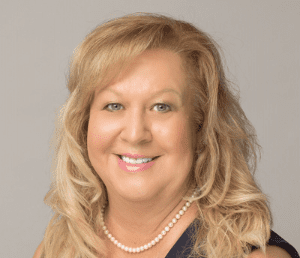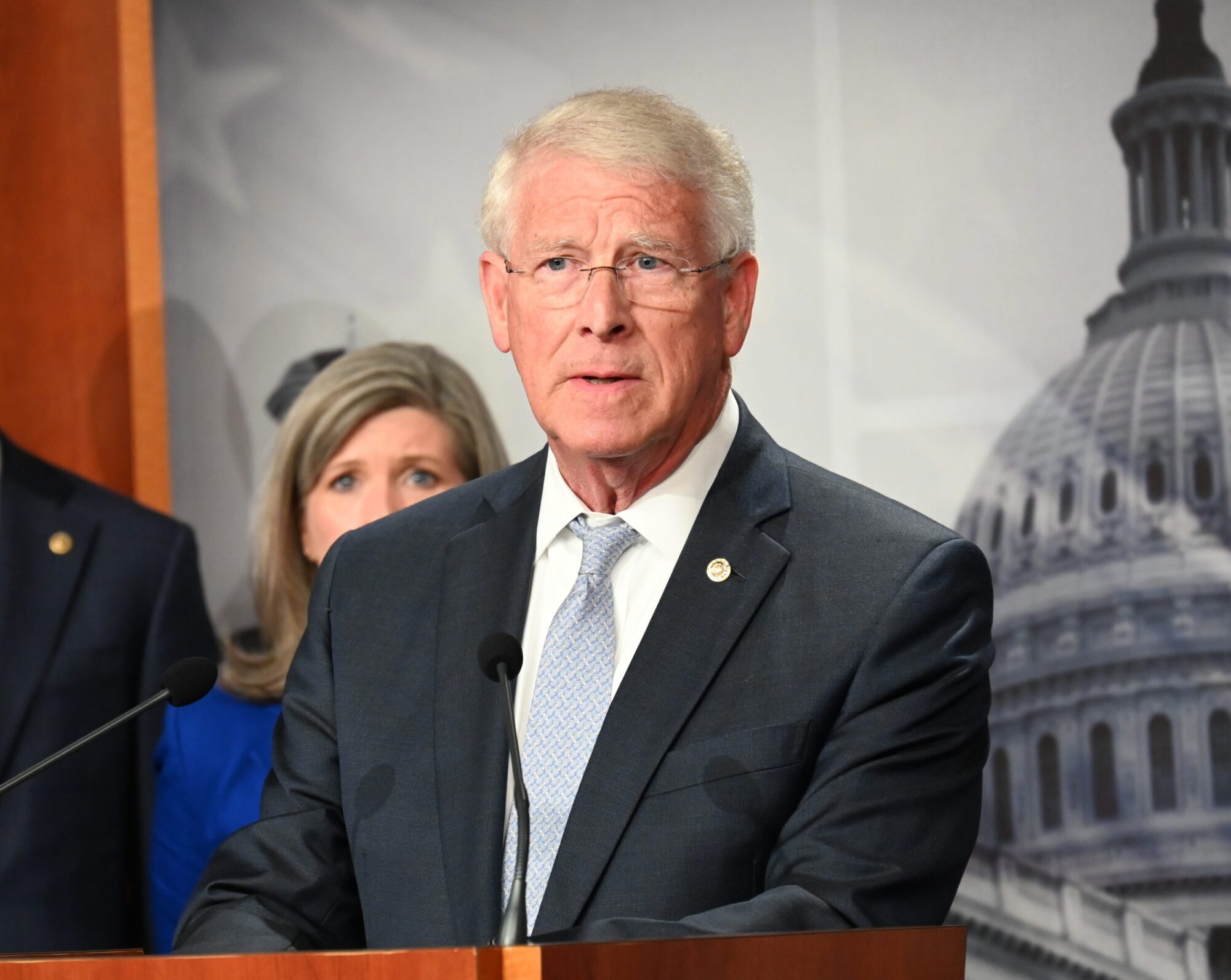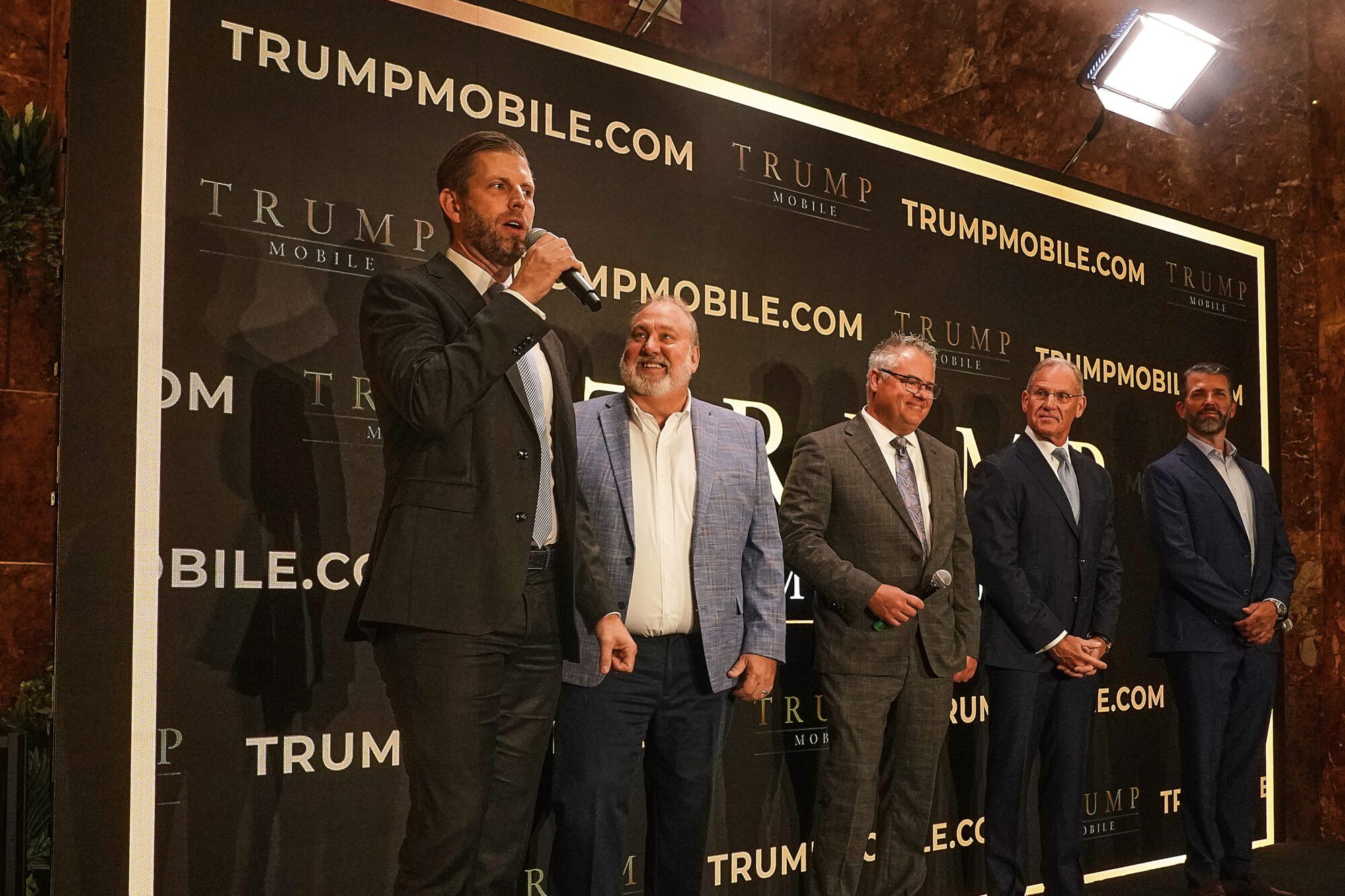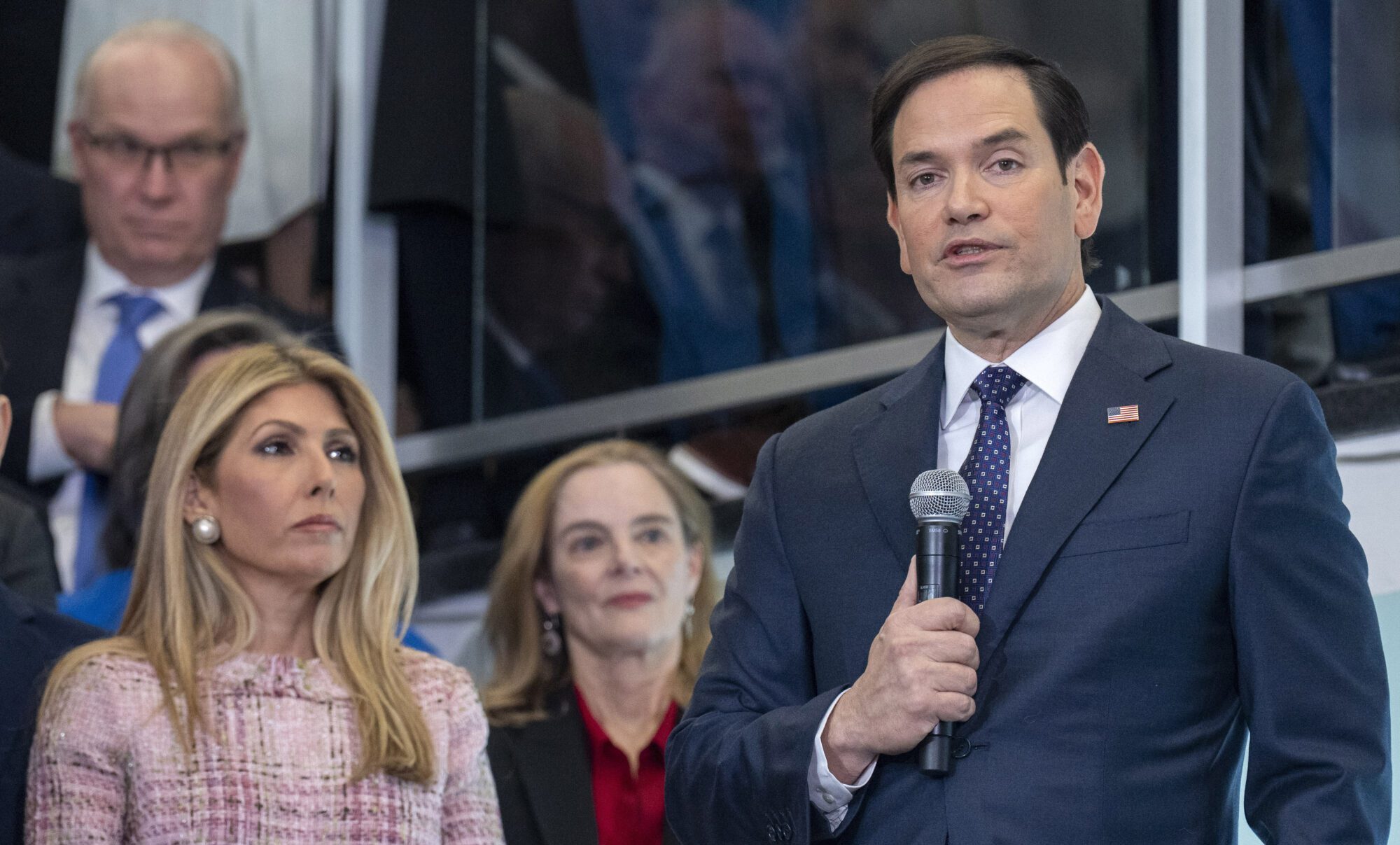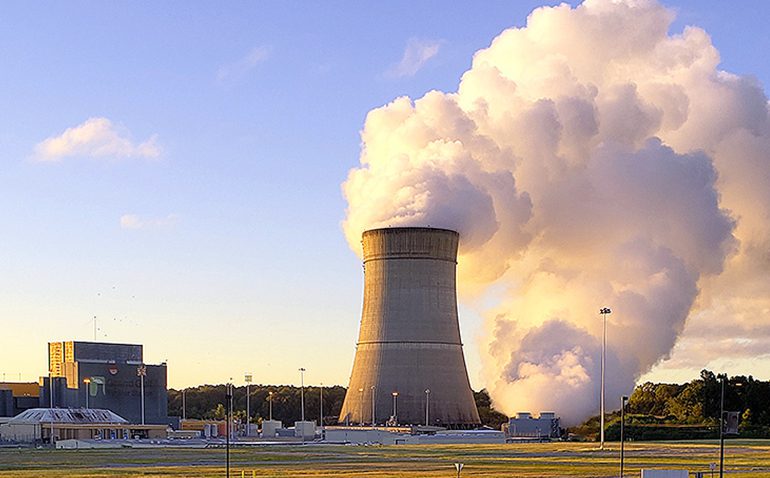
Submitted by Kelley Williams with Bigger Pie Forum
“There’s probably no way to even the odds for customers. But it would help if they had a Consumer Advocate with standing and resources to question utility experiments,” Williams writes.
Once again, we encourage the Mississippi Public Service Commission to do its job: assure reliable affordable electricity for Mississippi customers. It’s supposed to make Entergy Mississippi and Mississippi Power do this. It regulates these legal monopolies which have no competitors to offer customers better alternatives.
But the MPSC listens to the utilities and to the Public Utilities Staff which “balances” the interests of customers and utilities. No one speaks just for customers. They get the short end of the stick when the MPSC allows utility experiments that benefit shareholders if they work – but harm customers when they don’t work. Or they cost more. Mississippi Power’s Kemper County Lignite Plant is an example.
It took six years and $7 billion for Mississippi Power and the MPSC to admit Kemper’s experimental gasifier wouldn’t work. Customers paid $800 million for its turbines to run on natural gas – not syngas from the gasifier. Company shareholders paid $6.2 billion for the failure. Customers were lucky. They could have paid more if the gasifier had run just one day.
It was obvious years earlier that Kemper was a failure. But the MPSC didn’t pull the plug. It was complicit. It had determined a “need” for more capacity that allowed the experiment even though the company said it would cost $1.6 billion – or about twice the cost of a conventional gas fired plant.
That need seems to have disappeared. Mississippi Power is now reducing capacity.
Why are we rehashing this? Because it looks like the MPSC may do it again. The latest utility experiment is Entergy Mississippi’s $1 billion for green energy: solar and wind plants to generate electricity. Does it “need” more capacity?
There is little demand growth in Entergy Mississippi’s monopoly service area. Its grid is stable, and its system capacity of 5 GW is more than adequate for current and projected demand. It has interchanges with other grids for emergencies. Its demand vs. capacity is about like Mississippi Power’s was when the MPSC said Kemper was “needed”.
Some of Entergy’s plants are old. They could be replaced with newer more efficient plants. But there are no plans to replace the Grand Gulf nuclear plant at Port Gibson. It is the oldest and most expensive plant in Entergy’s system.
Why solar and wind if more capacity is “needed”? Their power is intermittent. It’s not available all the time. Therefore, there must be backup power from natural gas or coal or nuclear to keep the grid stable and the lights on. So, if the MPSC lets Entergy build a solar plant, it must build a backup plant too. It gets to build two plants.
And building plants is how its shareholders make money. They get a guaranteed return (about 10%) on their cost. Customers pay for it. Two plants cost more than one. Shareholders get a twofer. Customers pay twice.
Are Entergy and the MPSC virtue signaling with solar and wind? Their familiar mantra is they are green and clean. No carbon emissions from operation. (Never mind emissions from backup plants. And from the manufacture and disposal of solar panels and windmills.)
Virtue signaling conflicts with reality. The Germans now know this. They bet heavily on windmills and abandoned natural gas, coal, and nuclear. But windmills don’t work when it’s cold and their power is needed most. So, Germans are pivoting back to natural gas, coal, and nuclear. Freezing discourages virtue signaling. So do blackouts.
So do threats to safety and well-being. Here, dependence on imported oil threatens national security, and high energy prices drive harmful inflation. Both result from government policies that reduce U.S. oil and gas production – and make Russian oil more valuable. Are virtue signalers unwitting agents of Russian disinformation attacks on U.S. oil and gas companies? Congress says it will investigate. So, not to worry.
Entergy Mississippi gets about 13% of its electricity from Grand Gulf when it runs. It’s owned by Systems Energy Resources which is owned by Entergy Corp which is owned by stockholders. It was commissioned in 1985 and took 15 years to build due to changing federal regulations and other problems. It cost $5 billion in today’s dollars vs. original estimate of less than $1billion. Its electricity was about four times market price when it came online. No one wanted to buy it.
But someone had to buy it to pay for the plant. Someone other than stockholders. That’s how monopolies work. The Federal Energy Regulatory Commission stepped up. Why FERC and not the MPSC since the plant is in Mississippi? FERC regulates Grand Gulf under federal law.
Grand Gulf’s cost and output were more than any Entergy Corp subsidiary alone could handle. So, FERC spread the pain over all its subs: Louisiana (14%), New Orleans (17%), Arkansas (36%) and Mississippi (33%).
Actually, FERC spread the pain over all of Entergy’s customers. The MPSC objected. But the U.S. Supreme Court said FERC had jurisdiction, and that the MPSC and other regulators must seek relief there. They are still trying.
Retail regulators for Louisiana and Arkansas public service commissions and for New Orleans now seek over $1 billion in relief. They say mismanagement, imprudent operation, and changes in contractual agreements have made the pain worse. They want to disallow imprudent costs and have more say in management decisions.
Where is the MPSC in this? It belatedly supports the retail regulators, questions the prudence of System Energy’s operation of Grand Gulf, and opposes Entergy’s request to dismiss the regulators’ complaints before FERC.
Interestingly, comments by Mississippi’s Governor seem to favor the status quo because Grand Gulf creates jobs and pays local taxes. Actually, customers do. They can’t catch a break.
There’s probably no way to even the odds for customers. But it would help if they had a Consumer Advocate with standing and resources to question utility experiments. It might make the MPSC fairer. It seems to help in 43 other states.
###
Submitted by Kelley Williams with Bigger Pie Forum. Promoting market-driven economic growth for a bigger and brighter Mississippi. Learn more about BPF here.


